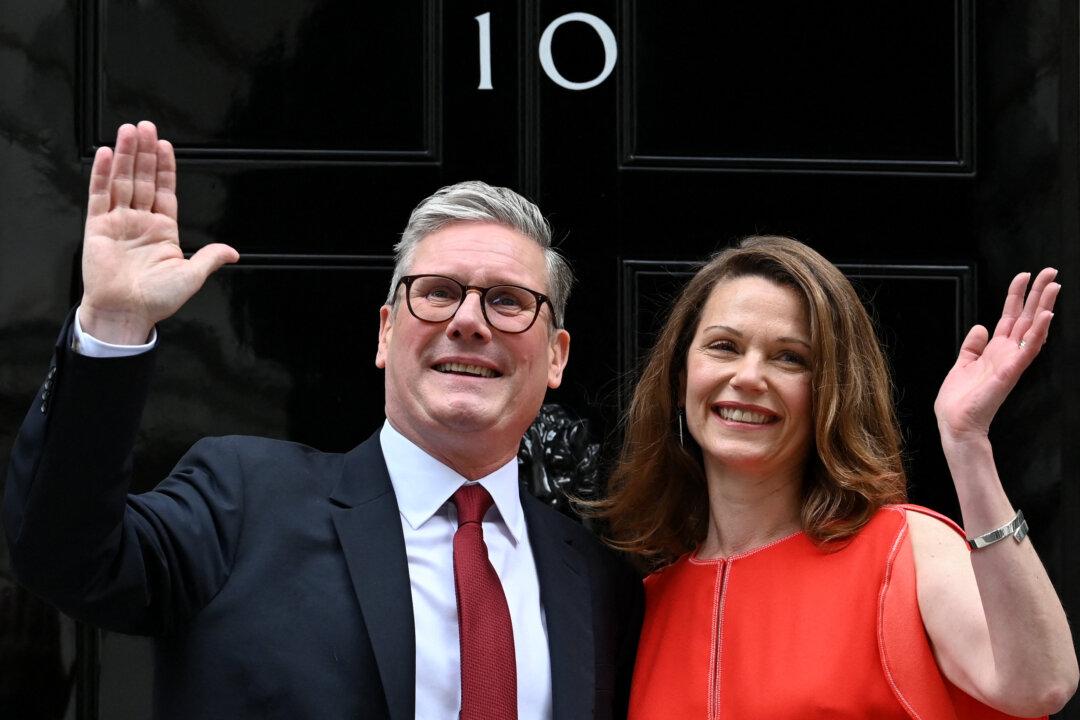Analysis
Claiming the biggest majority since 1997, with all but one seat declared on Friday, Labour has won 412 of 650 seats in Parliament.

Claiming the biggest majority since 1997, with all but one seat declared on Friday, Labour has won 412 of 650 seats in Parliament.